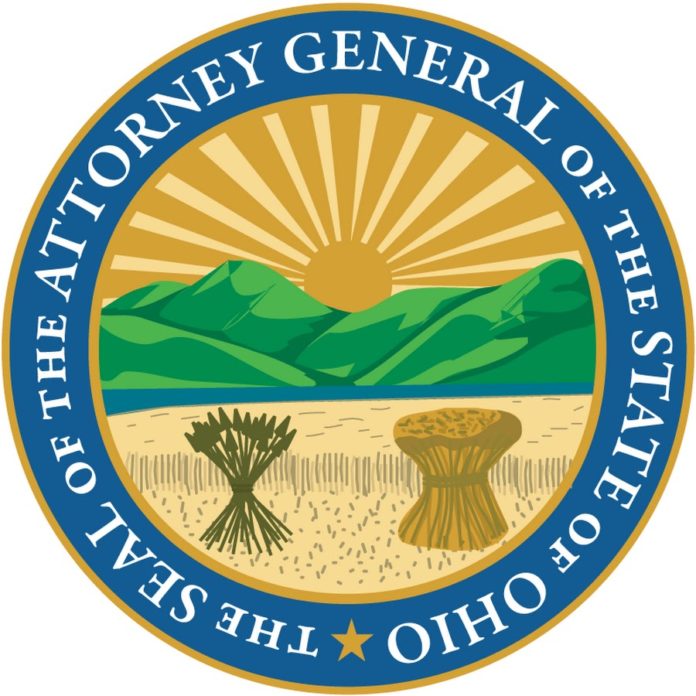(DELAWARE, Ohio) – Ohio Attorney General Dave Yost today filed a landmark lawsuit asking the court to declare Google a public utility, reining in the ways the powerful search engine provides search results to Ohioans.
“Google uses its dominance of internet search to steer Ohioans to Google’s own products–that’s discriminatory and anti-competitive,” Yost said. “When you own the railroad or the electric company or the cellphone tower, you have to treat everyone the same and give everybody access.”
Ohio is the first state in the country to bring such a lawsuit.
The lawsuit, filed in Delaware County Court, asserts two causes of action against Google:
- It seeks a legal declaration that Google is a common carrier (or public utility) subject to proper government regulation.
- It says Google has a duty to offer sources or competitors rights equal to its own, meaning it should not prioritize the placement of its own products, services and websites on search results pages. Those equal rights should extend to advertisements, enhancements, knowledge boxes, integrated specialized searches, direct answers and other features.
The lawsuit does not seek money damages.
In plain terms, Yost argues Ohioans are harmed by Google because they cannot make the best choices if they don’t get all of the information. For example, if someone searches for a flight and Google returns its own presentation of search results to steer the person to Google Flights, the person doesn’t see offers from competitors such as Orbitz and Travelocity.
This is the second anti-competition lawsuit Yost has filed against Google. In December he joined 37 other attorneys general in a federal lawsuit against Google for conduct that violates Section 2 of the Sherman Act.
The Sherman Act is a federal law meant to curtail groups of businesses that collude to form a monopoly in an effort to reduce economic competition.
That lawsuit alleges that more competition in the general search engine market would benefit consumers, for example, through improved privacy protections and more targeted results and opportunities for consumers.
The multi-state suit also alleges that competitive general search engines also could offer better quality advertising and lower prices to advertisers.























